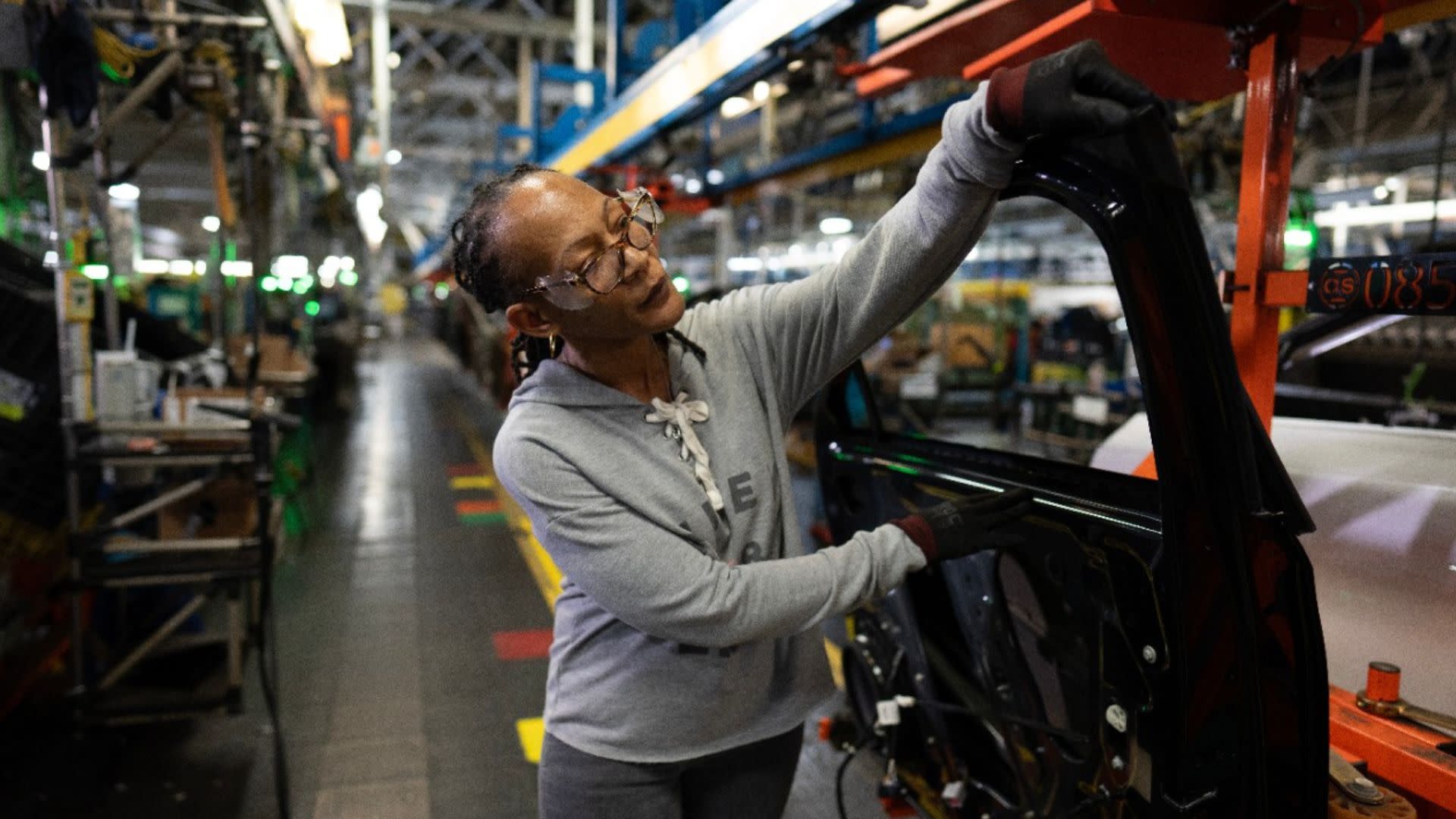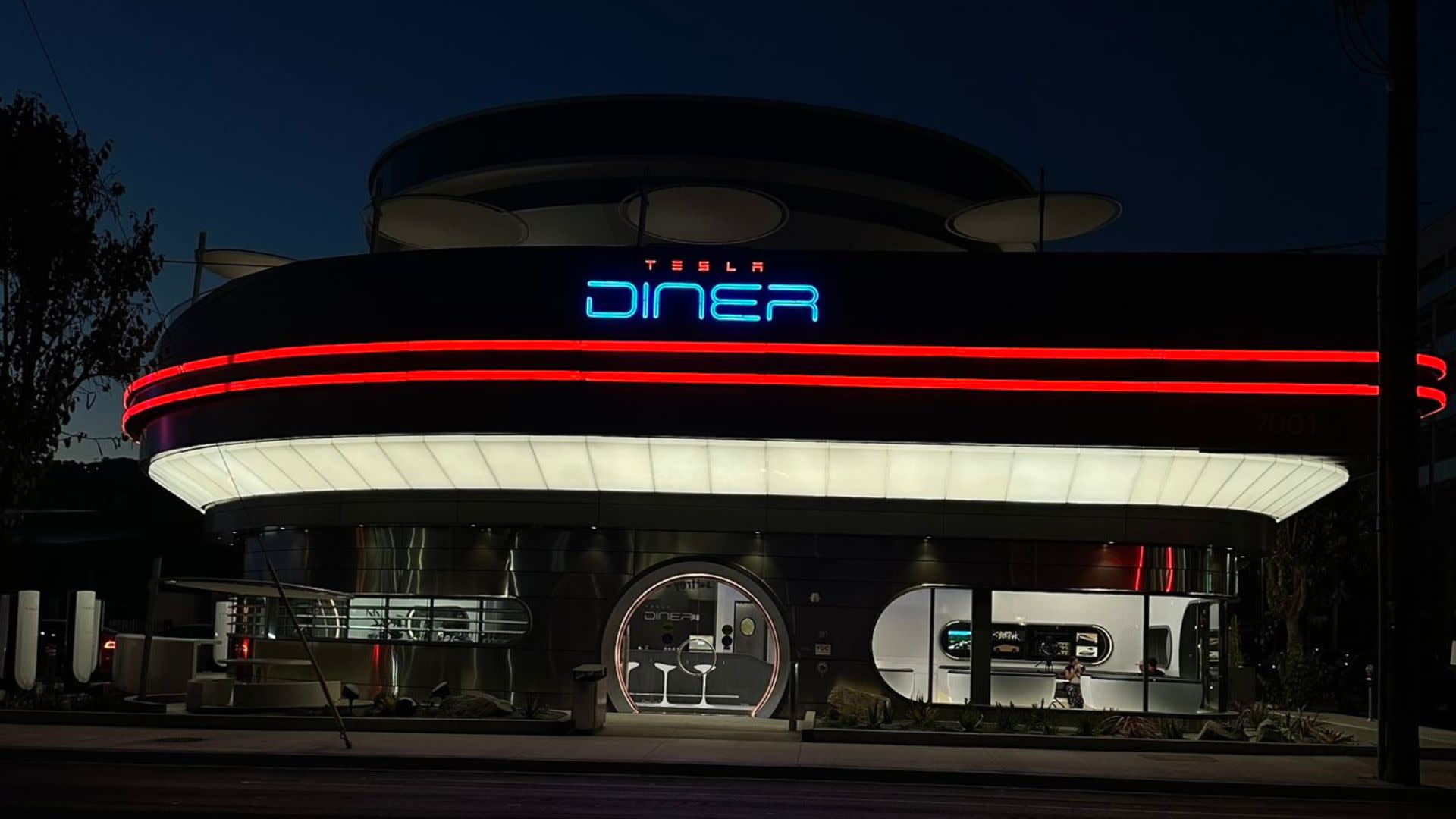"Hearst Magazines and Yahoo may earn commission or revenue on some items through these links."
Here’s what you’ll learn when you read this story:
Directed evolution is eerily reminiscent of AI in the way that it generates and evolves molecules until it reaches the best possible solution.
Researchers have made a new breakthrough in this biotechnology, creating improved proteins for mammalian cells by first evolving the proteins in altered viral cells.
Future uses of directed evolution include proteins that better tolerate certain medical treatments and even antibodies that are fine-tuned to detect cancer earlier than ever.
It sounds like a cyberpunk vision. Inspired by the generative abilities of AI, directed evolution, a biological system that works much like machine learning, can actually be used to improve proteins and antibodies by automatically evolving them.
PROTEUS (PROTein Evolution Using Selection) is the brainchild of molecular biologist Christopher Denes of the University of Sydney and his research team. Denes, whose work explores the intersection of molecular biology and virology, wanted to create a biotech platform that would make it possible to evolve molecules in mammal cells as opposed to the bacterial cells directed evolution has usually been used on.
By going through millions of potential genetic sequences in order to find the best adaptations for an application, PROTEUS fast-forwards evolution by years and even decades. This could mean the ability to switch genetic diseases off. It could also be applied to nanobodies, which are nano-scale antibody fragments that could be used for diagnostic purposes. Nanobodies are capable of detecting the DNA damage which leads to cancer. Earlier diagnosis often boosts chances of survival.
“PROTEUS can be used to evolve protein activities within the context of a mammalian cell,” Denes said in a study recently published in Nature Communications. “We anticipate that PROTEUS will help the research community generate or optimize diverse biomolecules designed to function in complex mammalian systems.”
What would become the current iteration of this biotechnology began to emerge in the mid-1990s. A team of researchers won the 2018 Nobel Prize in Chemistry for their development of directed evolution. It involves generating different mutants of a biological entity, such as a cell, and then determining which of these mutants evolve optimal performance. Future rounds use the most effective mutants as a standard for diversification and selection, with more evolved versions selected after each round until they reach the desired result.
Denes and his team wanted to take the glitches out of genetically programming mammalian cells. More complex than the simple bacteria and archaea used for previous experiments in directed evolution, the cells of mammals have additional signaling networks and interactions between proteins, and also undergo more chemical changes after producing proteins.
The problem with evolving proteins directly in mammalian cells is their susceptibility to mutations in their genomes during multiple rounds of evolution. Their solution was to evolve proteins in a viral genome instead, with new cells available for each round.
“[PROTEUS] uses chimeric virus-like vesicles (VLVs) to enable extended mammalian directed evolution campaigns without loss of system integrity,” said Denes. “[It] rapidly generates authentic evolution products with superior functionality, and will have broad utility for evolving proteins designed to function in mammalian cells.”
By using the outer shell of one virus and the genome of another, creating a chimera into which he inserted the protein, Denes was able to prevent the system from glitching. The cells were able to evolve many possible protein solutions simultaneously. There was also an expected Darwinization of these solutions, with those that were less effective going extinct while the most effective continued to evolve and dominate.
This is just the beginning for a range of possibilities. Optimizing proteins in human cells could allow patients to better tolerate and process medical treatments as well as work alongside CRISPR to improve gene editing. While there are still improvements to be made, PROTEUS is a new frontier in evolution that will only keep evolving.
You Might Also Like
Can Apple Cider Vinegar Lead to Weight Loss?
Bobbi Brown Shares Her Top Face-Transforming Makeup Tips for Women Over 50













